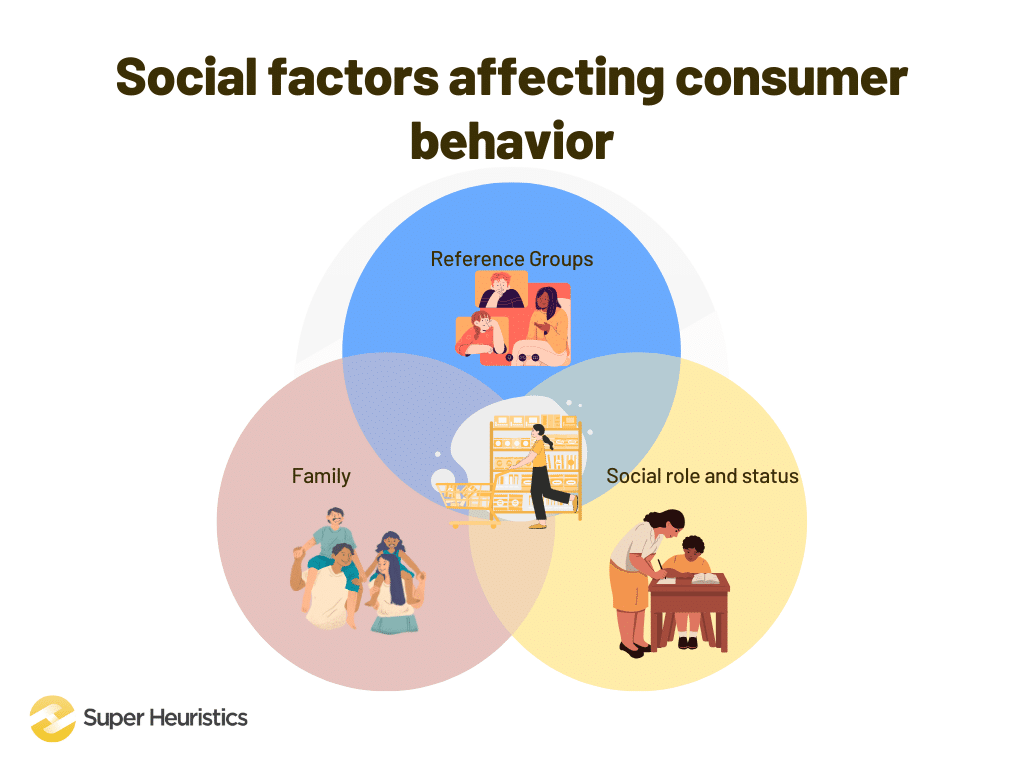How Consumer Behavior Reflects Social Values
Consumer behavior is a powerful force that shapes the marketplace and influences society as a whole. In today’s rapidly changing world, consumers are more conscious of the impact their purchases have on the environment, society, and their personal values. As a result, businesses are increasingly being held accountable for their actions and are expected to align with the ethical and social values of their customers.
Understanding Consumer Behavior
Consumer behavior refers to the actions and decisions that individuals make when purchasing goods and services. It is influenced by a variety of factors, including personal preferences, social influences, and cultural norms. When examining consumer behavior through the lens of social values, it becomes clear that people are increasingly looking for products and services that align with their ethical beliefs and principles.
The Rise of Conscious Consumerism
In recent years, there has been a noticeable shift towards conscious consumerism, where individuals prioritize purchasing products that are ethically sourced, environmentally sustainable, and support social causes. This trend has been driven by a growing awareness of issues such as climate change, social injustice, and unethical business practices.
Creating a Positive Impact
As consumers become more socially conscious, businesses are being forced to adapt and change their practices to meet the demands of their customers. Companies that demonstrate a commitment to social responsibility and sustainability are more likely to attract and retain customers who share those values. This not only creates a positive impact on society but also benefits businesses in the long run.
The Role of Technology
Technology has played a significant role in shaping consumer behavior and influencing social values. The rise of social media and online platforms has made it easier for individuals to connect and share information about companies and their practices. This increased transparency has empowered consumers to hold businesses accountable and make more informed purchasing decisions.
Personalization and Customization
Advancements in technology have also enabled businesses to personalize and customize their products and services to meet the individual needs and preferences of their customers. This not only enhances the overall shopping experience but also allows consumers to feel more connected to the brands they support.
Conclusion
Consumer behavior is a powerful indicator of social values and plays a significant role in shaping the marketplace and influencing businesses. As people become more socially conscious and aware of the impact their purchases have on society, businesses must adapt and align with the ethical and social values of their customers. By prioritizing social responsibility and sustainability, companies can create a positive impact on society, attract loyal customers, and ensure long-term success in the ever-evolving marketplace.


